Former President Yaya Jammeh the Gambia’s leader for 22 years, looks through the window from the plane as he leaves the country on 21 January 2017 in Banjul airport © AFP / STRINGER
Banjul, Gambia, Jan 22 – Gambian leader Yahya Jammeh flew out Saturday from the country he ruled for 22 years to cede power to President Adama Barrow and end a political crisis.
Jammeh refused to step down after a December 1 election in which Barrow was declared the winner, triggering weeks of uncertainty that almost ended in a military intervention involving five other west African nations.
The longtime leader boarded a small, unmarked plane at Banjul airport accompanied by Guinea’s President Alpha Conde after two days of talks aimed at hammering out a deal for his departure.
He landed in Conakry, Guinea’s capital, around an hour later, an AFP journalist at the scene said, with his final destination unknown.
 Former president Yaya Jammeh (C), the Gambia’s leader for 22 years, waves from the plane as he leaves the country on 21 January 2017 in Banjul © AFP / STRINGER
Former president Yaya Jammeh (C), the Gambia’s leader for 22 years, waves from the plane as he leaves the country on 21 January 2017 in Banjul © AFP / STRINGER
“I call on President Barrow to come in immediately and take over the supreme responsibility of President, Head of State, Commander in Chief and first citizen of our republic,” Jammeh said according to remarks read out on state television before he left the country.
It would be improper not to “sincerely wish him and his administration all the best,” he added.
Jammeh took power in a 1994 coup from the country’s only other president since independence from Britain, Dawda Jawara, making this The Gambia’s first democratic transition of power.
 The Gambian political crisis © AFP/File / Aude GENET
The Gambian political crisis © AFP/File / Aude GENET
Waving to a small gathering of supporters on the tarmac dressed in his habitual white flowing robes, Jammeh, a devout Muslim, kissed a Koran before boarding.
Conde and Mauritania’s Mohamed Ould Abdel Aziz had urged Jammeh to peacefully give up his office to Barrow, who is waiting in neighbouring Senegal for the strongman to leave.
He finally said he would step aside in the early hours of Saturday morning. Barrow is expected back in The Gambia imminently.
– The Guinea question –
Earlier Guinean state minister Kiridi Bangoura had said Jammeh preferred “to come to Guinea, to stay in Conakry, before he decides, along with the Guinean authorities, where to move for good.”
 People celebrate in the streets after hearing of the confirmed departure of former Gambian leader Yahya Jammeh in Banjul on January 21, 2017 © AFP / CARL DE SOUZA
People celebrate in the streets after hearing of the confirmed departure of former Gambian leader Yahya Jammeh in Banjul on January 21, 2017 © AFP / CARL DE SOUZA
The agreement that finally saw the strongman give in to pressure to step down “foresees the departure of Yahya Jammeh from The Gambia for an African country with guarantees for himself, his family and his relatives,” Mauritania’s Aziz said.
Diplomats said late Saturday that Equatorial Guinea was emerging as the most likely option for his exile.
This would address concerns that Jammeh might interfere in his nation’s politics if he stayed in Guinea, whose border is not far from The Gambia’s eastern region.
Scenes of jubilation broke out almost immediately on streets near Banjul, the port capital, after the news filtered out that Jammeh had gone.
“We are free now. We are no longer in prison. We do not have to watch our back before we express our opinions,” said Fatou Cham, 28, who was celebrating with her friends.
 Gambia’s Yahya Jammeh was the country’s leader for 22 years © AFP/File / ISSOUF SANOGO
Gambia’s Yahya Jammeh was the country’s leader for 22 years © AFP/File / ISSOUF SANOGO
Activists will be keen to see Jammeh — who controlled certain sections of the security forces — refused amnesty for crimes committed during his tenure, which was marked by systematic rights abuses.
Jim Wormington, West Africa researcher at Human Rights Watch, called Jammeh’s departure “the chance to usher in an era based on respect for the rule of law and human rights.”
– Weeping supporters –
Jammeh attempted to build a personality cult over and has left behind a small minority of diehard supporters, some of whom wept as his plane departed.
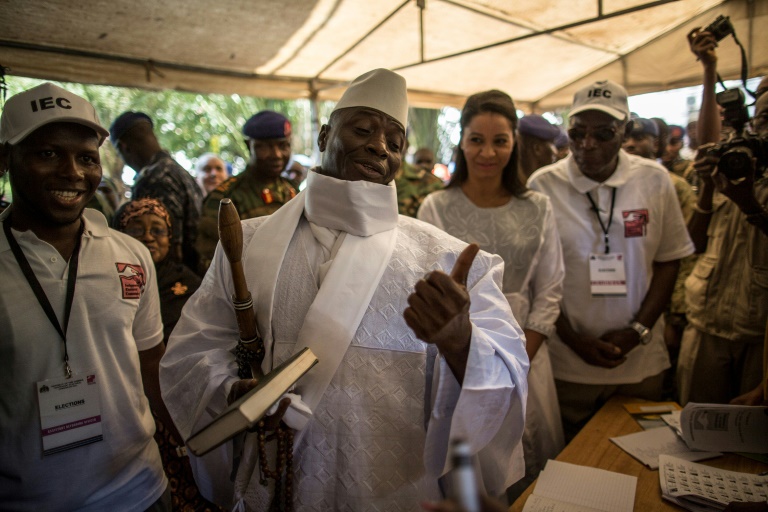 This photo taken on December 1, 2016 in Banjul shows incumbent Gambian president Yahya Jammeh (C) gesturing before casting his marble in a polling station in a presidential poll © AFP/File / MARCO LONGARI
This photo taken on December 1, 2016 in Banjul shows incumbent Gambian president Yahya Jammeh (C) gesturing before casting his marble in a polling station in a presidential poll © AFP/File / MARCO LONGARI
“We wanted to be behind this man for a century or more,” said Alagie Samu, speaking on the tarmac. “He is the most successful, visionary leader in the entire world.”
Dressed in green, the colour of his political party, some were loyal to the end.
“No human being is perfect, but for 22 years in the country here he has tried hard for Gambians,” said a woman with cheeks wet from tears, who did not wish to be named.
 People celebrate the inauguration of new Gambia’s President Adama Barrow at Westfield neighbourhood on January 19, 2017 in Banjul © AFP/File / STRINGER
People celebrate the inauguration of new Gambia’s President Adama Barrow at Westfield neighbourhood on January 19, 2017 in Banjul © AFP/File / STRINGER
The Gambia is one of the world’s poorest nations and although education and health standards have lifted in recent years, poverty remains endemic.
With Jammeh gone, all eyes will be on the Barrow administration as they make their first steps as a government of reform and development.
“The will of the people has come to be at last,” said Isatou Touray, a key official in the government-in-waiting. “Democracy is back, you can’t stop the people.”
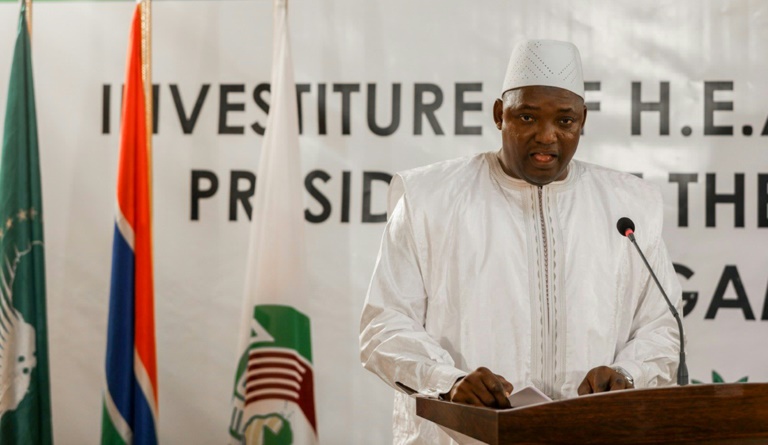 A handout photo released by the Senegalese Presidency shows Adama Barrow speaking during his swearing in as president of Gambia at the Gambian embassy in Dakar on January 19, 2017 © SENEGALESE PRESIDENCY/AFP/File / Handout
A handout photo released by the Senegalese Presidency shows Adama Barrow speaking during his swearing in as president of Gambia at the Gambian embassy in Dakar on January 19, 2017 © SENEGALESE PRESIDENCY/AFP/File / Handout
Army chief Ousman Badjie, a former Jammeh loyalist, has pledged allegiance to Barrow along with top defence, civil service and and security chiefs.
The first priority will be to help the tens of thousands who have fled in recent weeks fearing a bloody end to the crisis to return safely, Touray said earlier Saturday.
Source=http://newsafricanow.com/2017/01/gambias-jammeh-leaves-power-after-22-years/


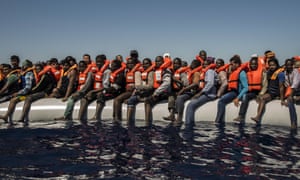
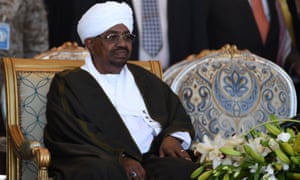
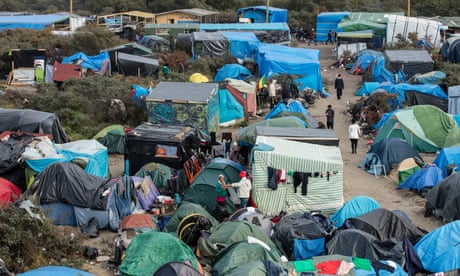

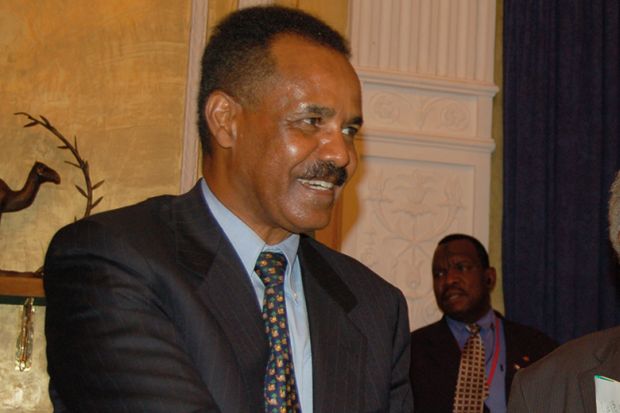




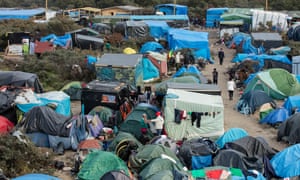


 حقيقة تعجز الحروف والكلمات عن التعبير عن حجم الحزن والأسى في
حقيقة تعجز الحروف والكلمات عن التعبير عن حجم الحزن والأسى في ارتبط فقيد الوطن الدكتور هبتي تسفاماريام مبكرًا بالعمل الوطني؛ حيث كان عضوًا في الخلايا السرية لحركة تحرير إرتريا .. وبعد انتقاله إلى أوروبا واصل نشاطه الوطني في إطار العمل الطلابي الإرتري وفي إطار جبهة التحرير الإرترية، وكان من مؤسسي الاتحاد العام لطلبة إرتريا في أوروبا وأصبح أول رئيس لها، وسافر إلى القاهرة وبغداد ودمشق للمساهمة في المساعي التي كانت تبذل لتوحيد الحركة الطلابية الإرترية التي كانت منقسمة بين فرعي القاهرة وبغداد، حيث تكللت تلك المساعي بالنجاح، وشارك الفقيد في المؤتمر التأسيسي للاتحاد العام لطلبة إرتريا (
ارتبط فقيد الوطن الدكتور هبتي تسفاماريام مبكرًا بالعمل الوطني؛ حيث كان عضوًا في الخلايا السرية لحركة تحرير إرتريا .. وبعد انتقاله إلى أوروبا واصل نشاطه الوطني في إطار العمل الطلابي الإرتري وفي إطار جبهة التحرير الإرترية، وكان من مؤسسي الاتحاد العام لطلبة إرتريا في أوروبا وأصبح أول رئيس لها، وسافر إلى القاهرة وبغداد ودمشق للمساهمة في المساعي التي كانت تبذل لتوحيد الحركة الطلابية الإرترية التي كانت منقسمة بين فرعي القاهرة وبغداد، حيث تكللت تلك المساعي بالنجاح، وشارك الفقيد في المؤتمر التأسيسي للاتحاد العام لطلبة إرتريا (































